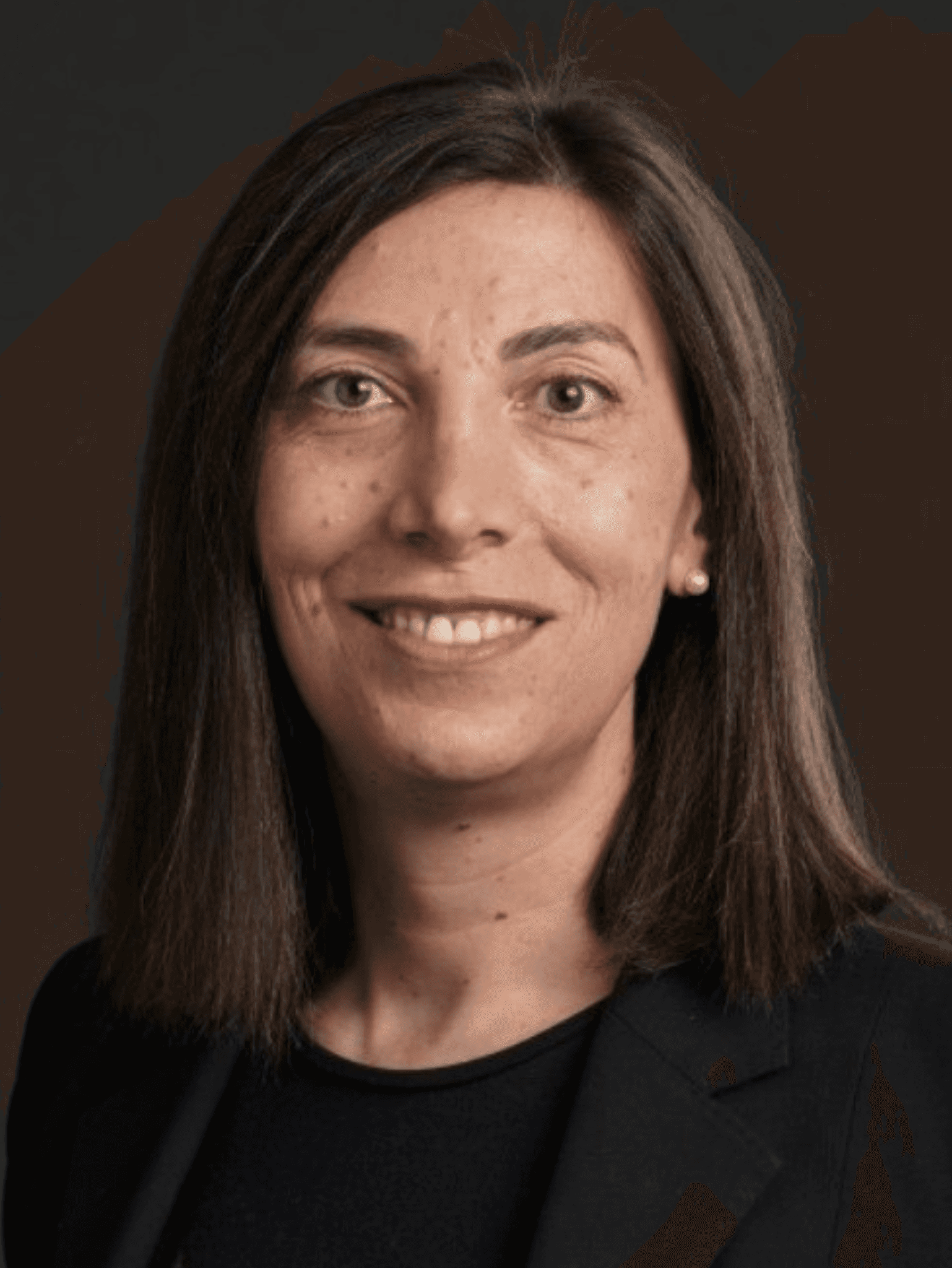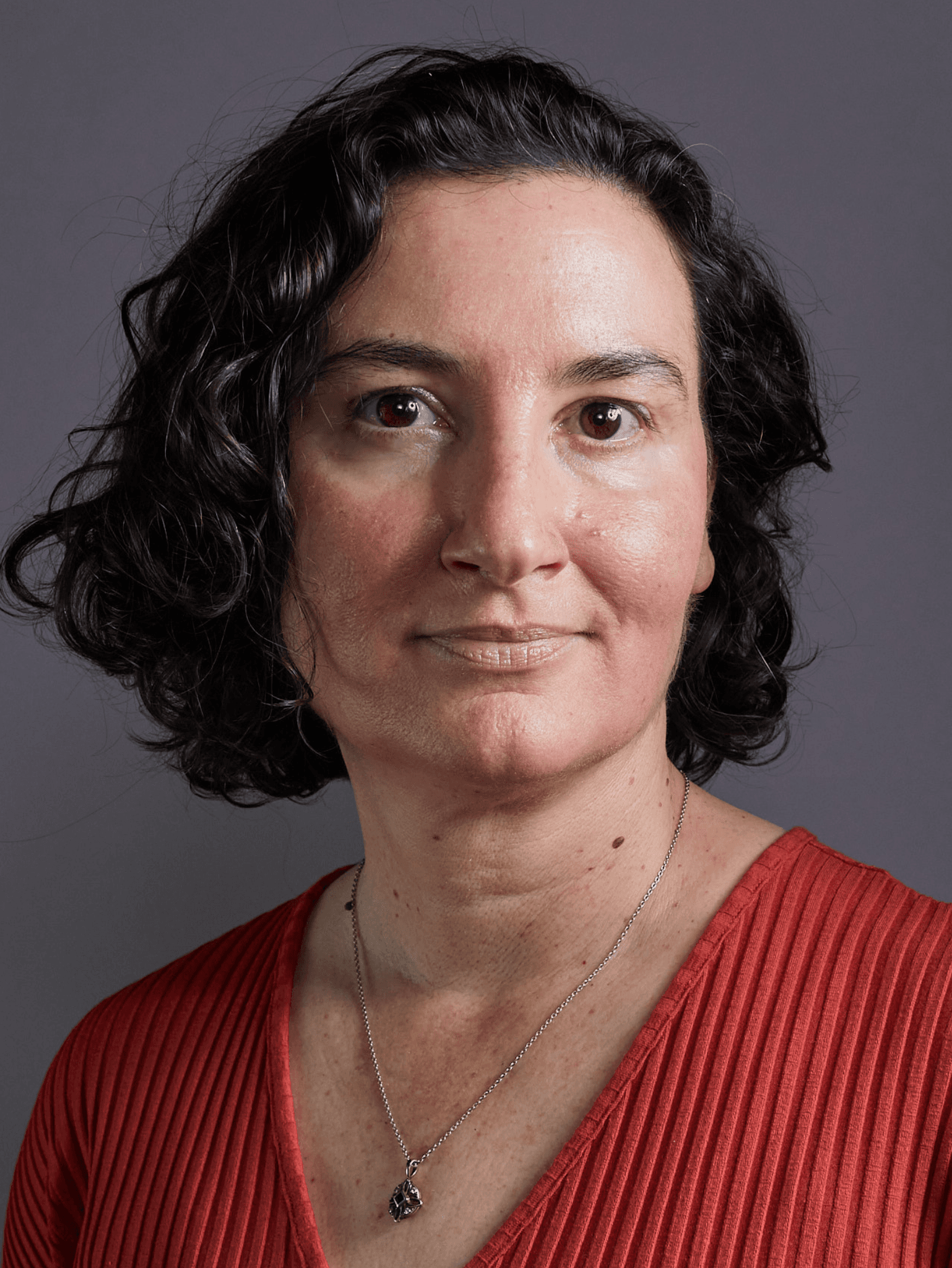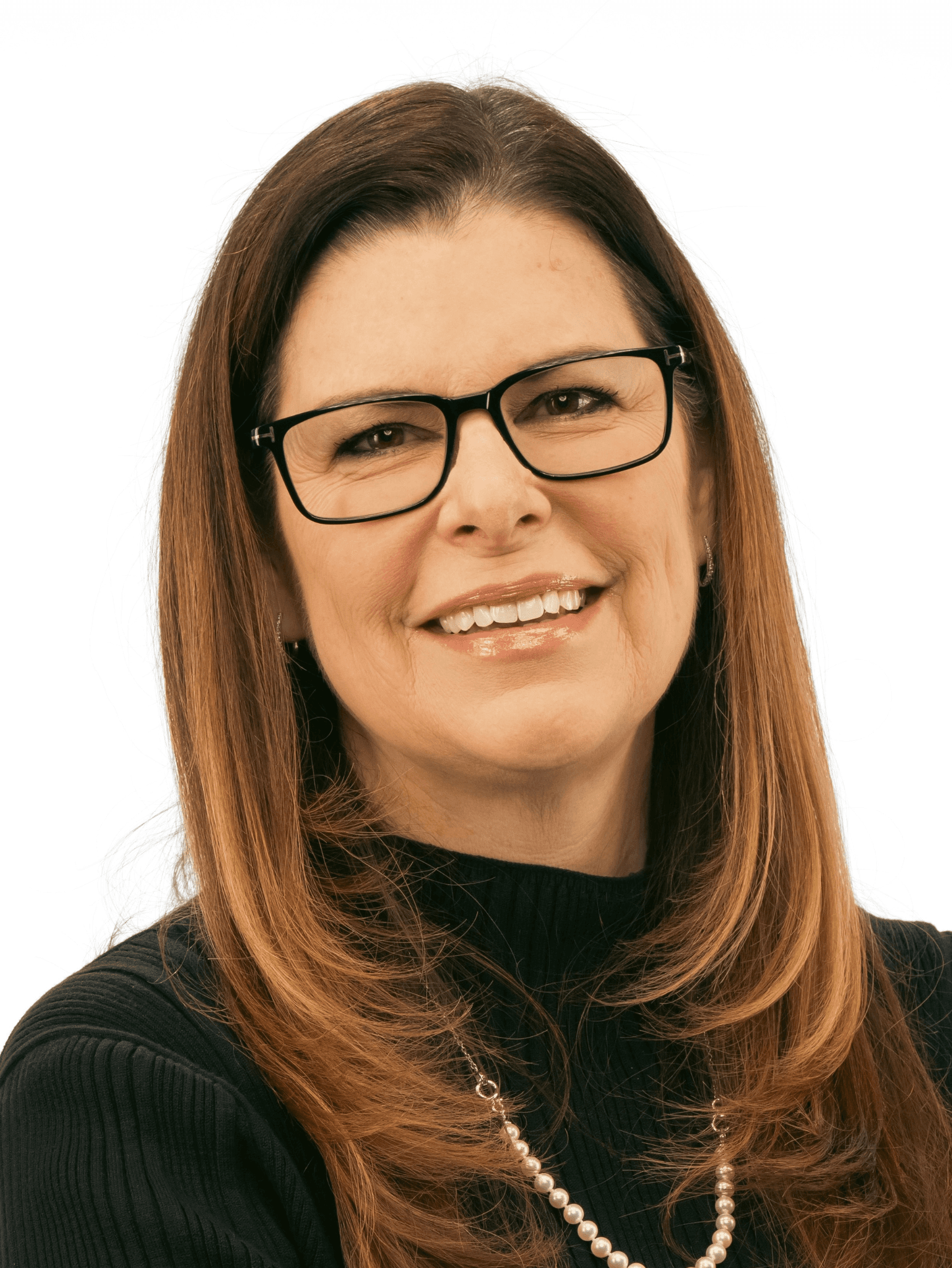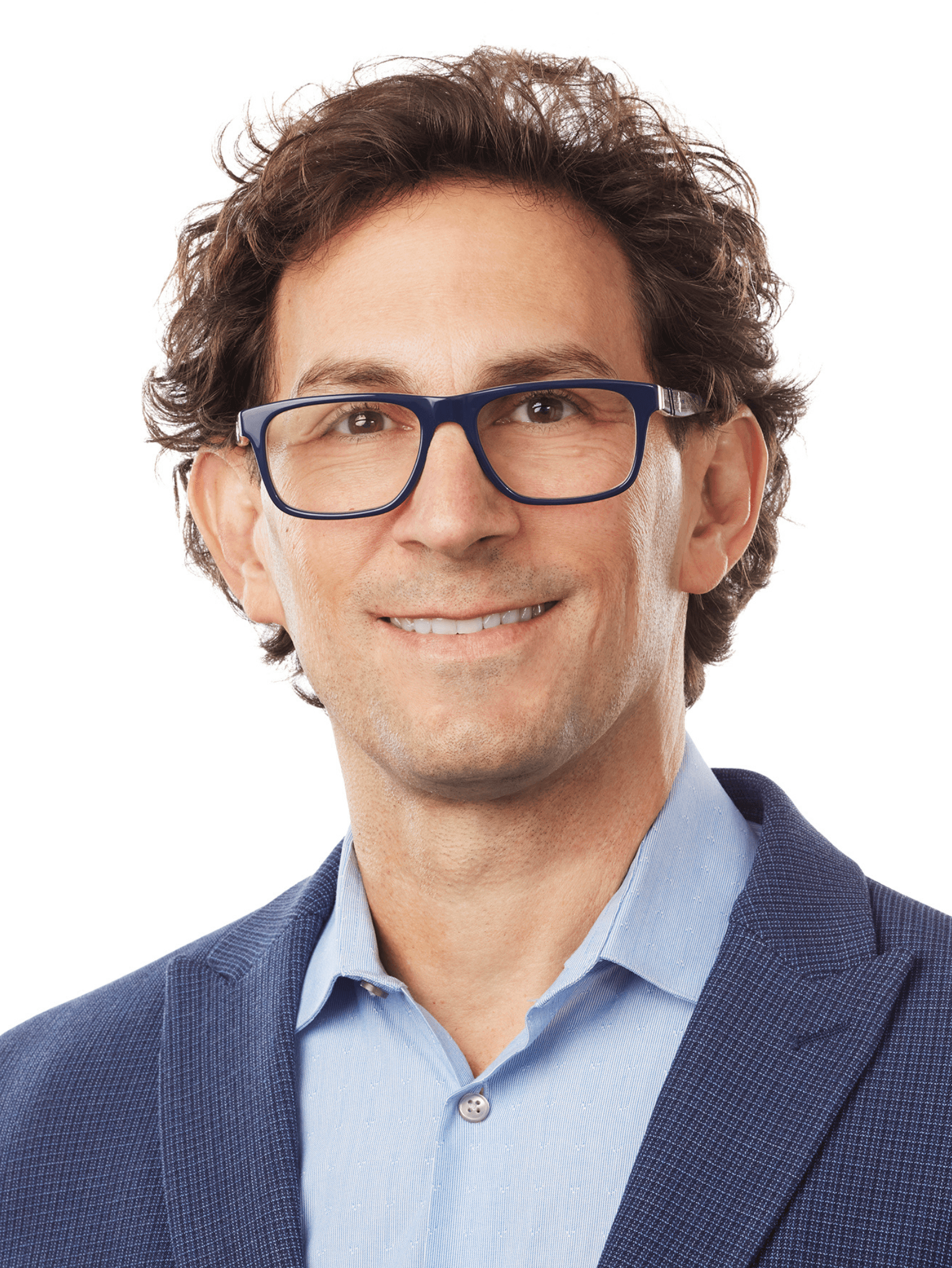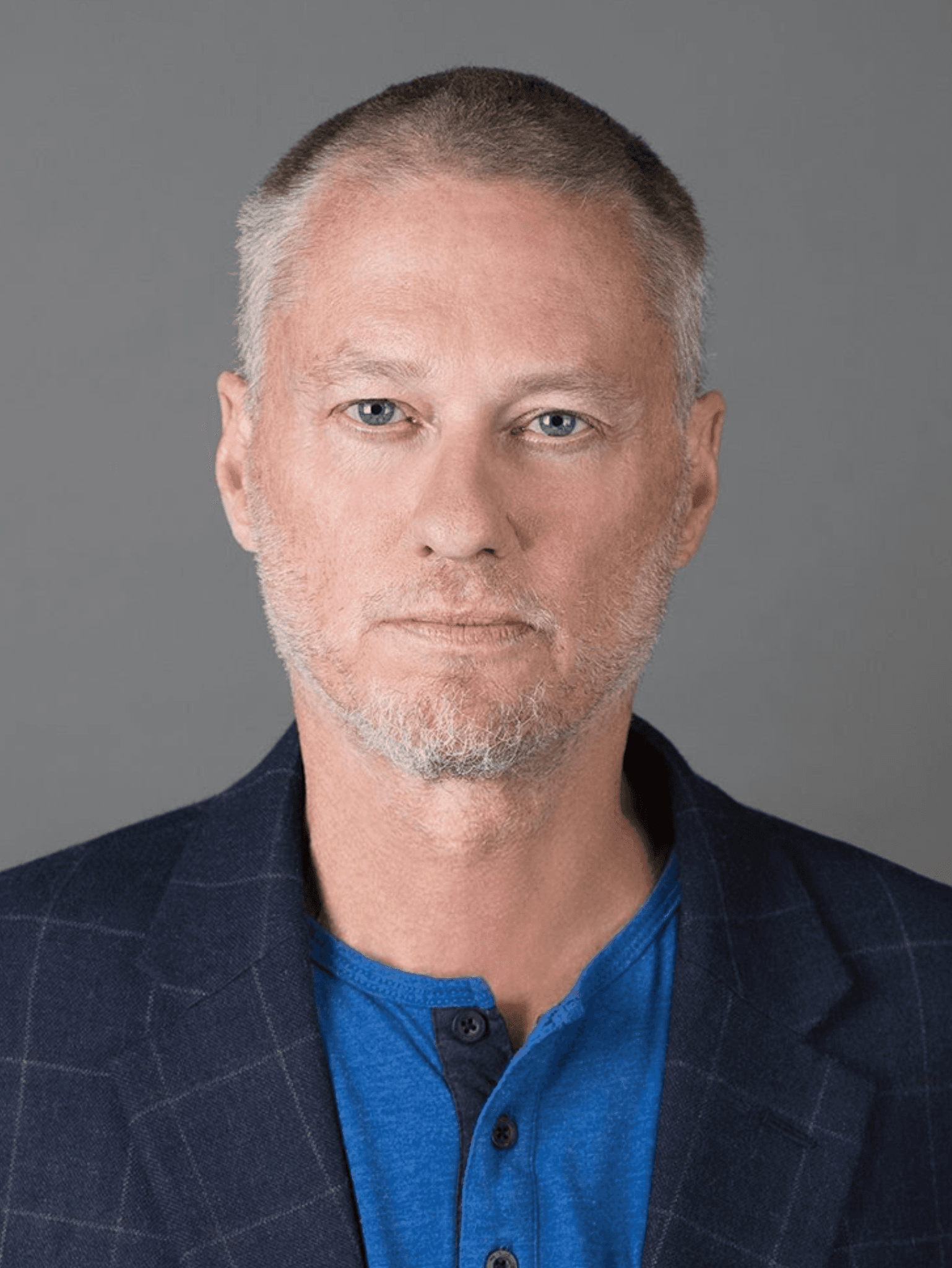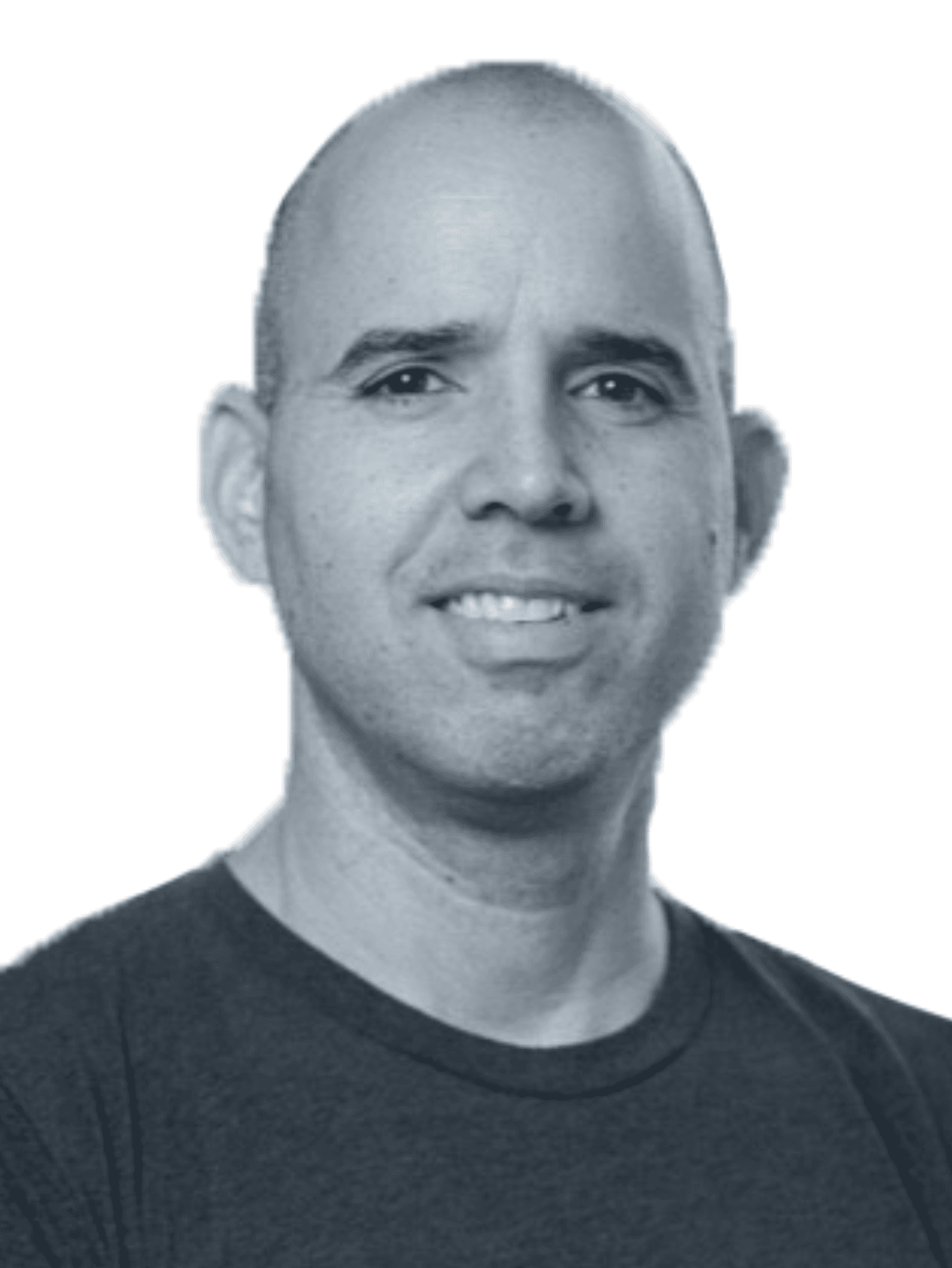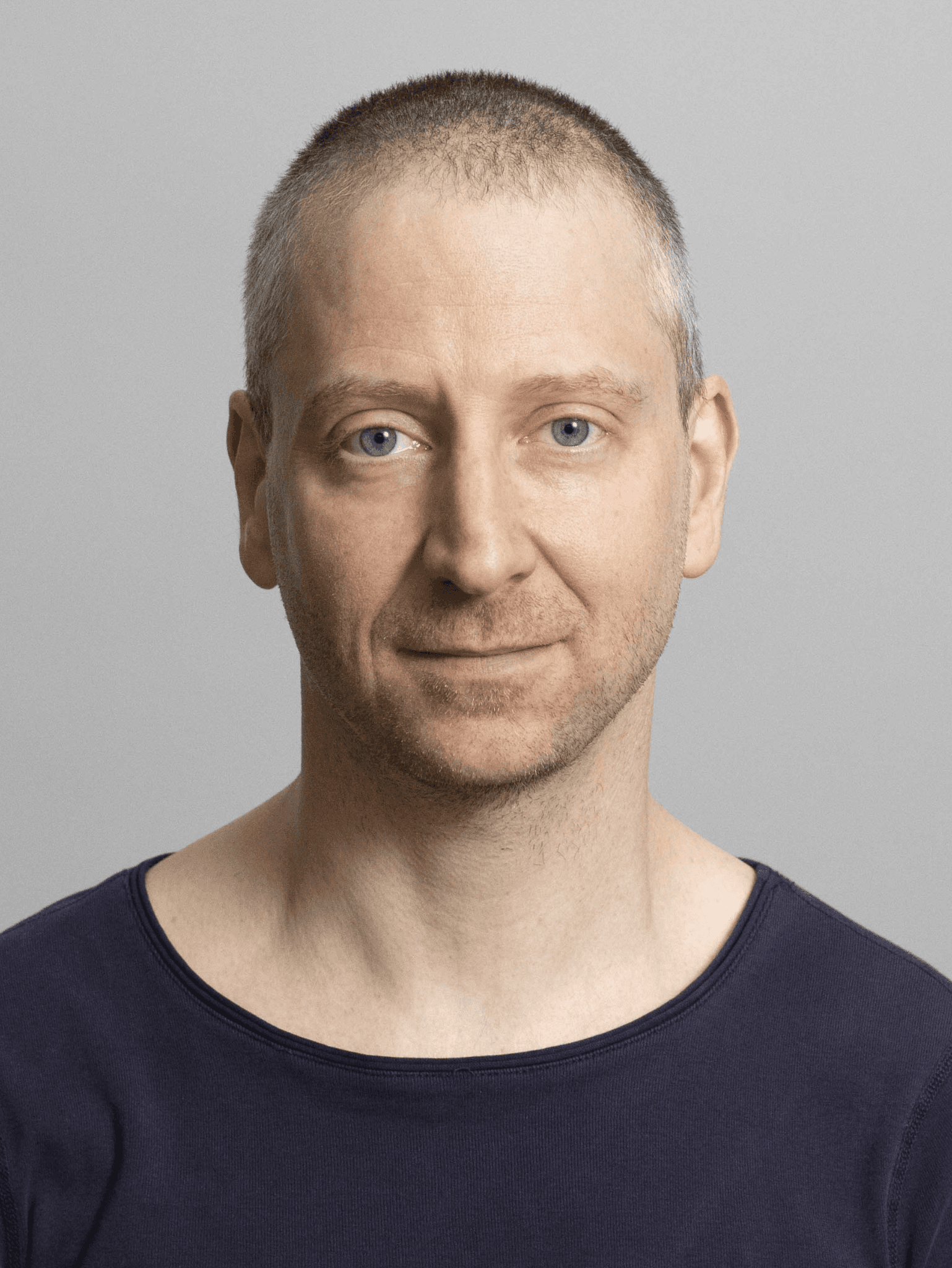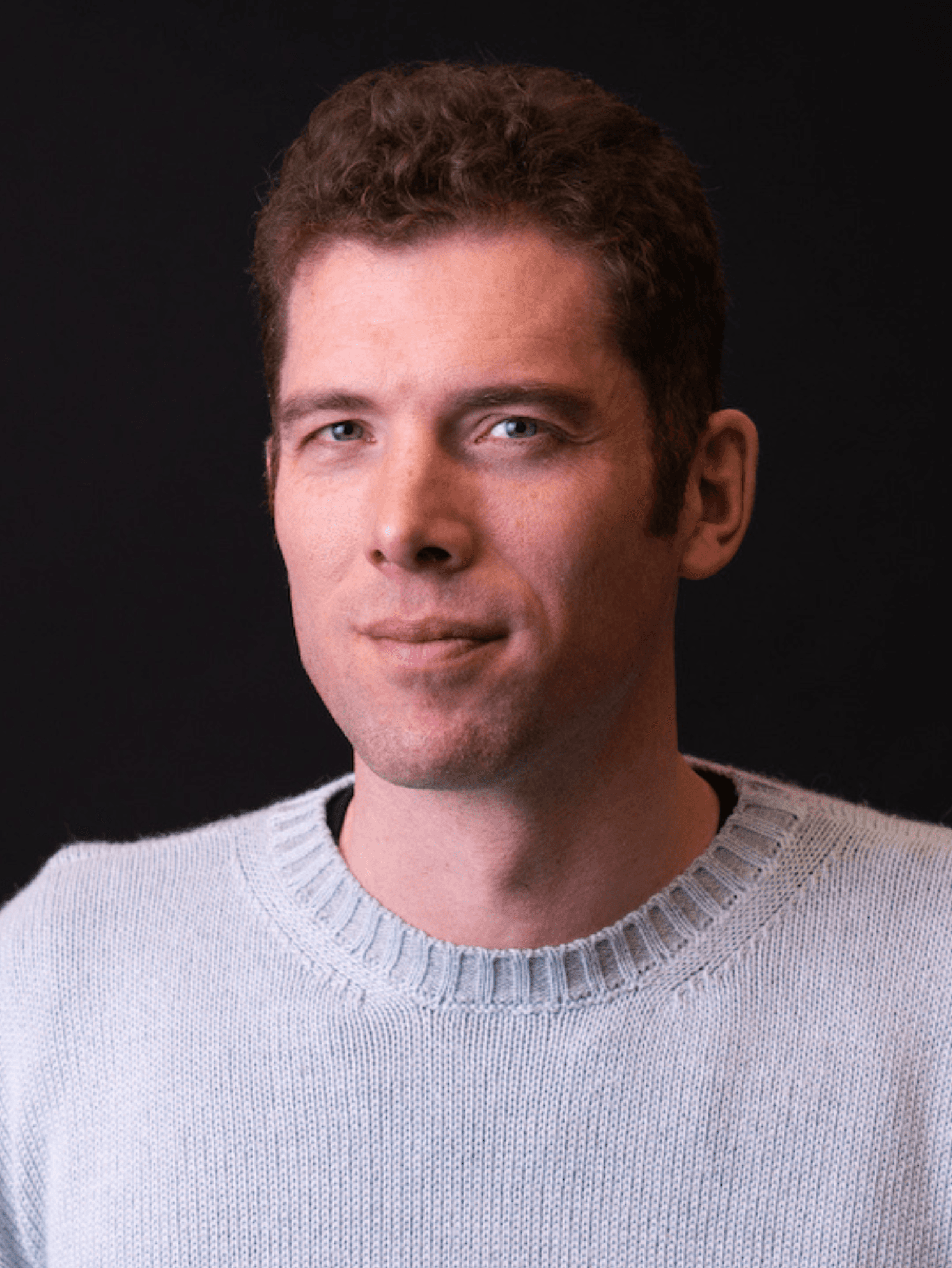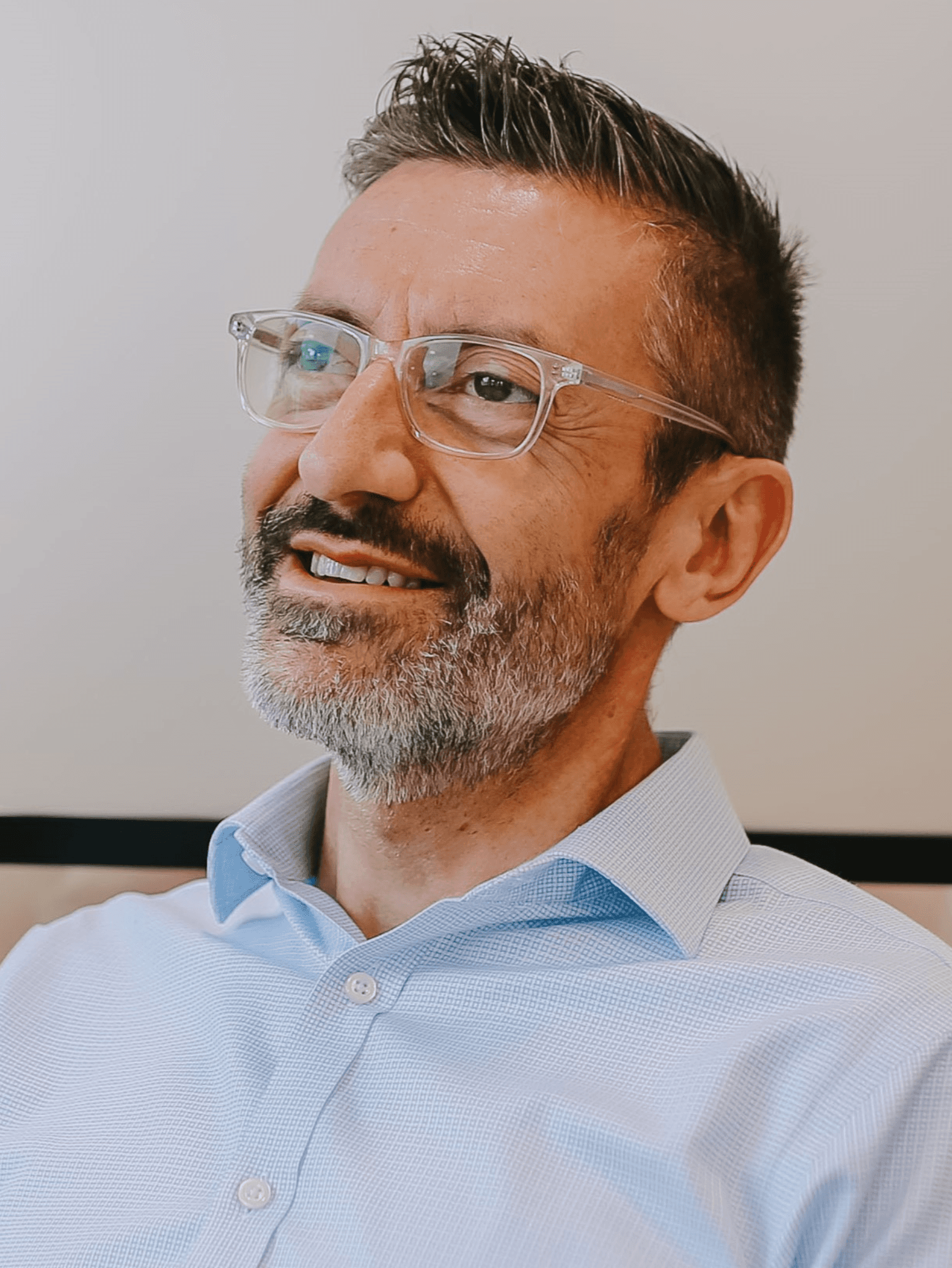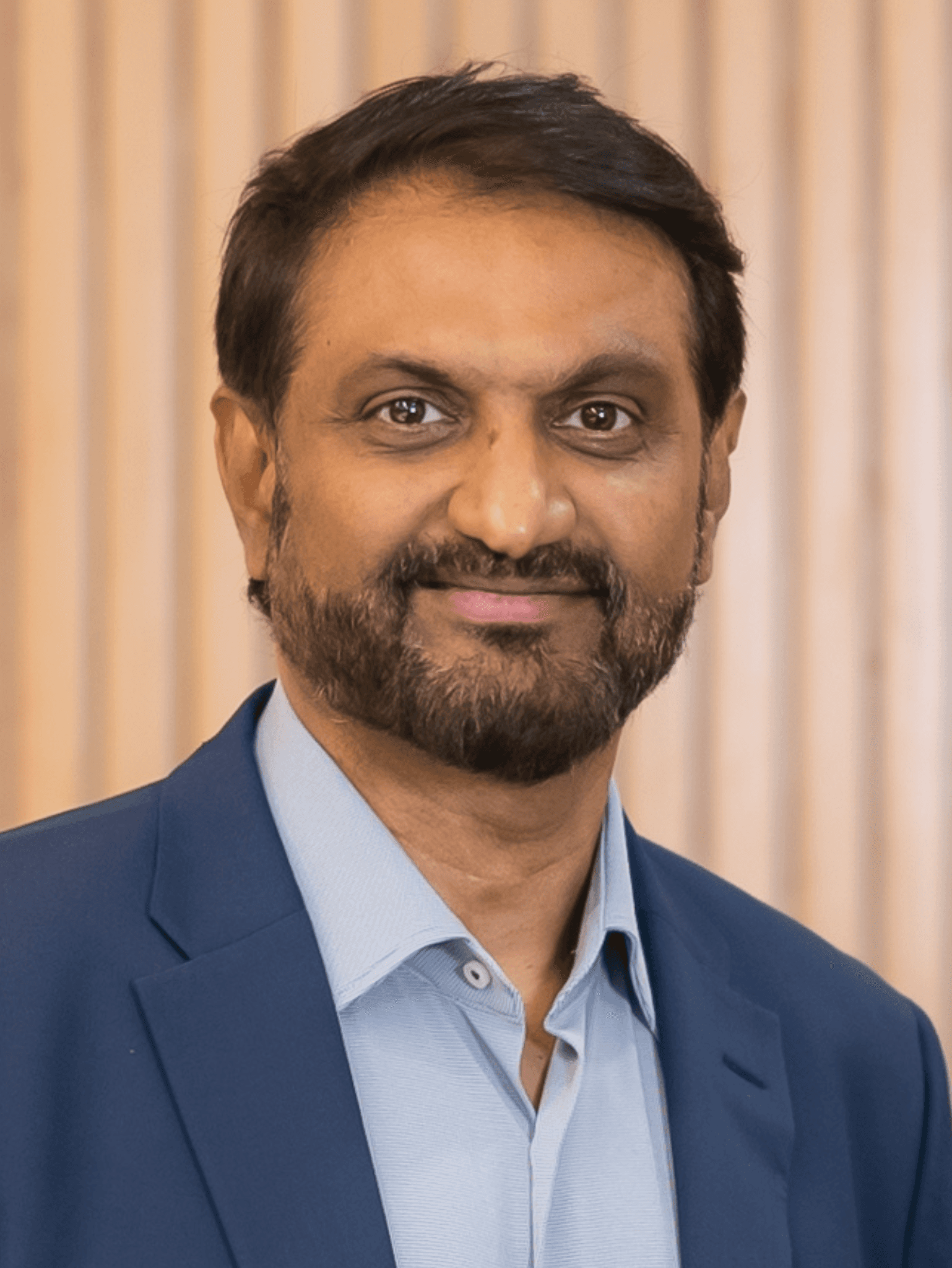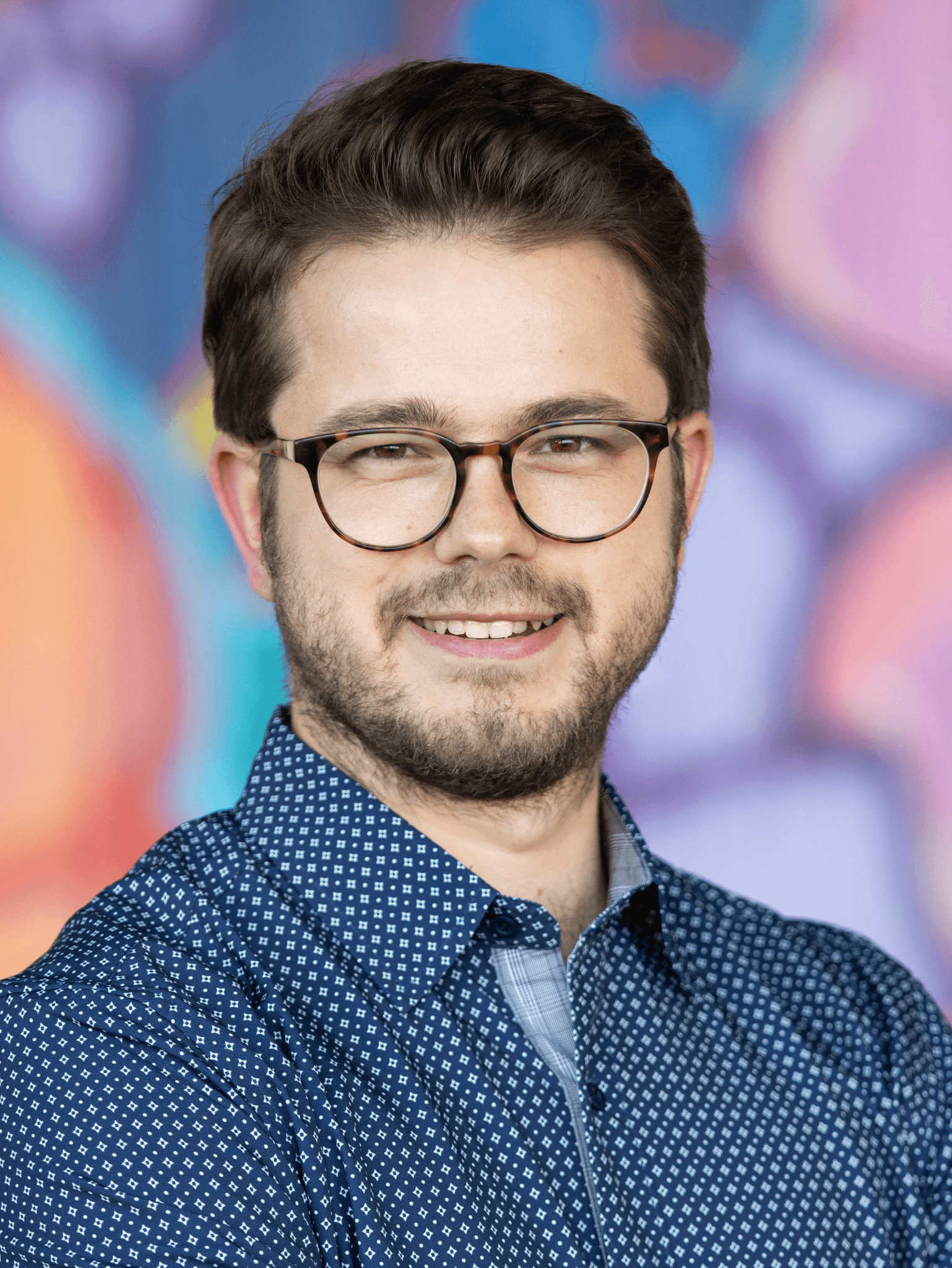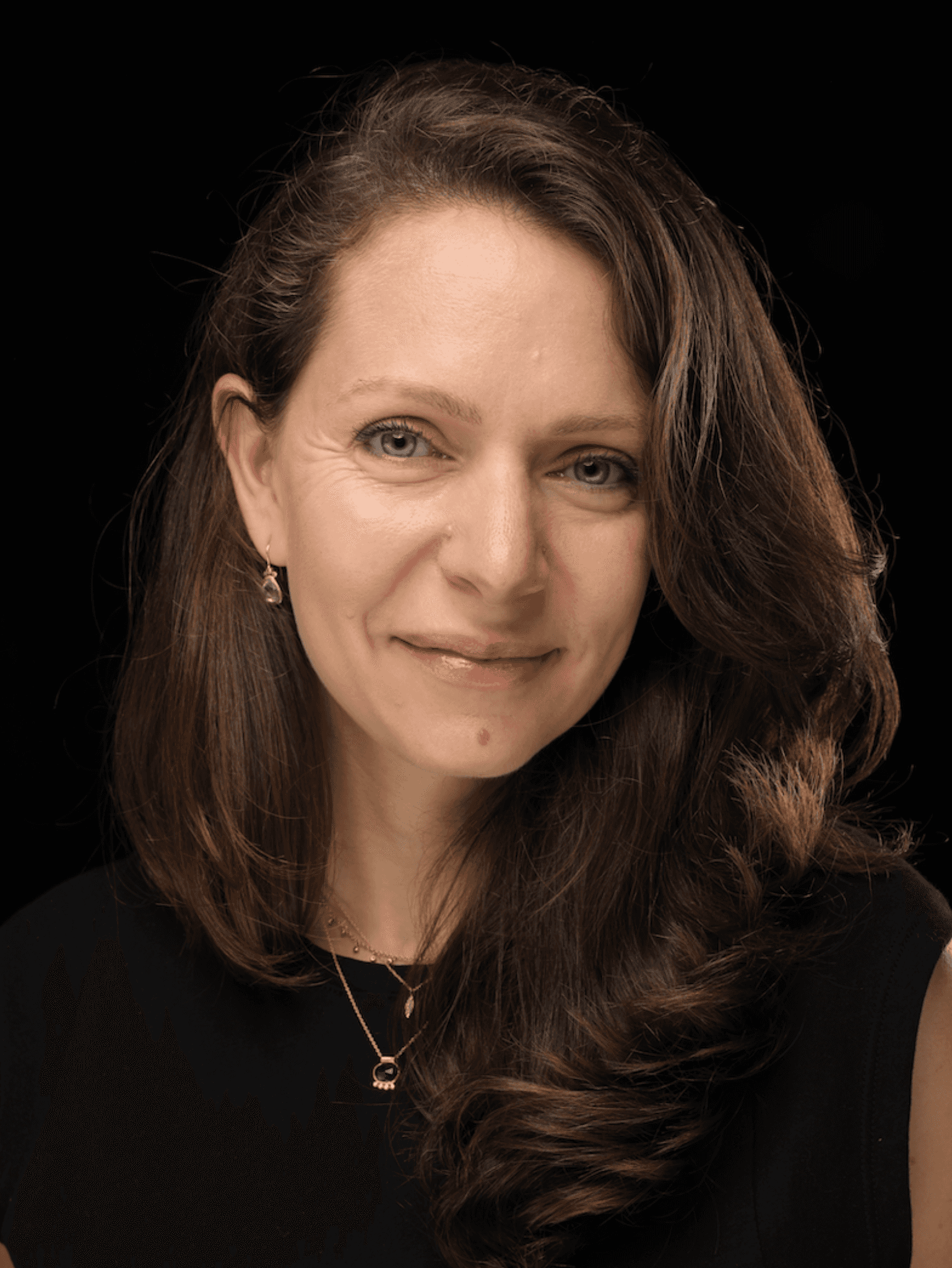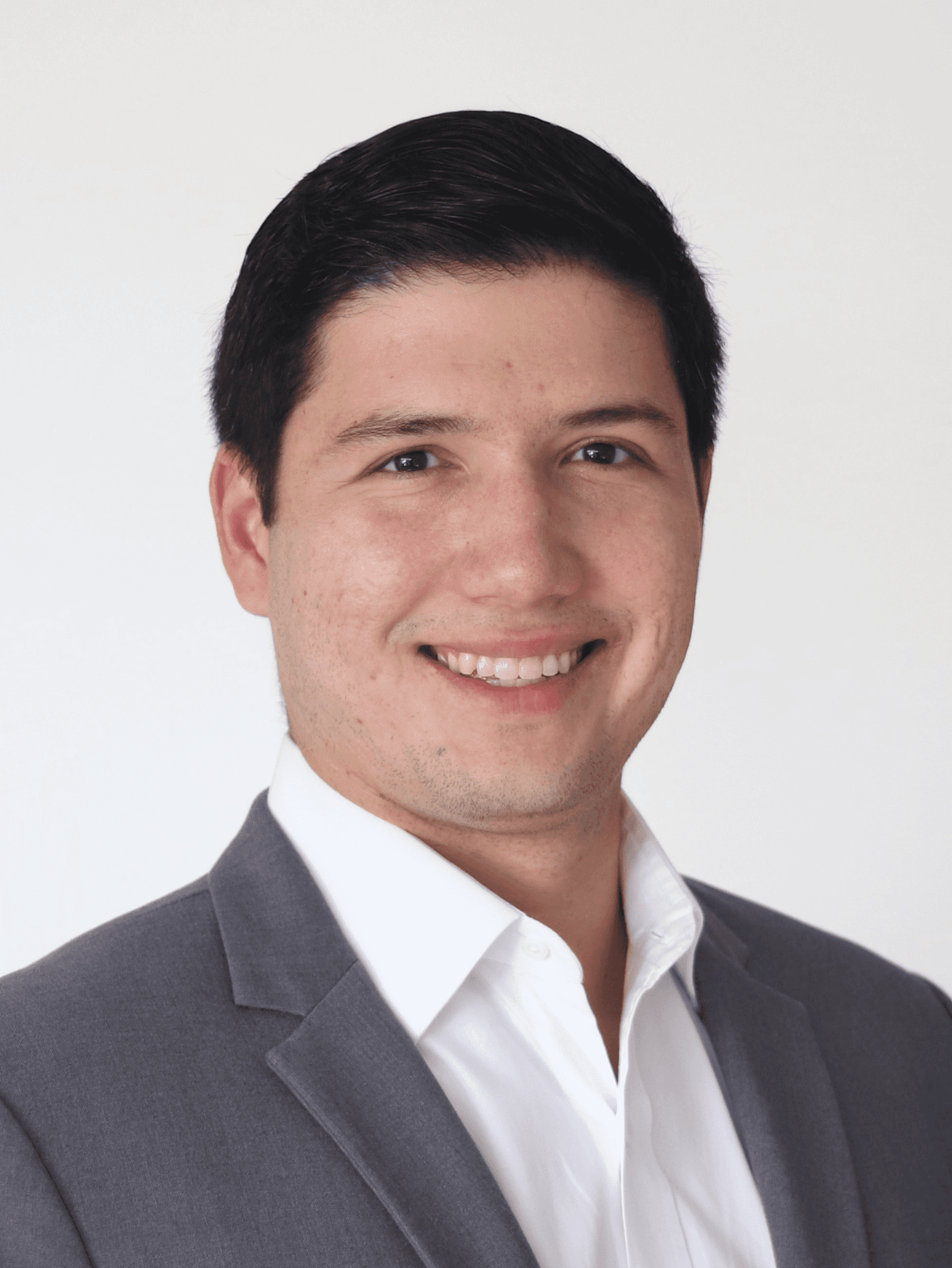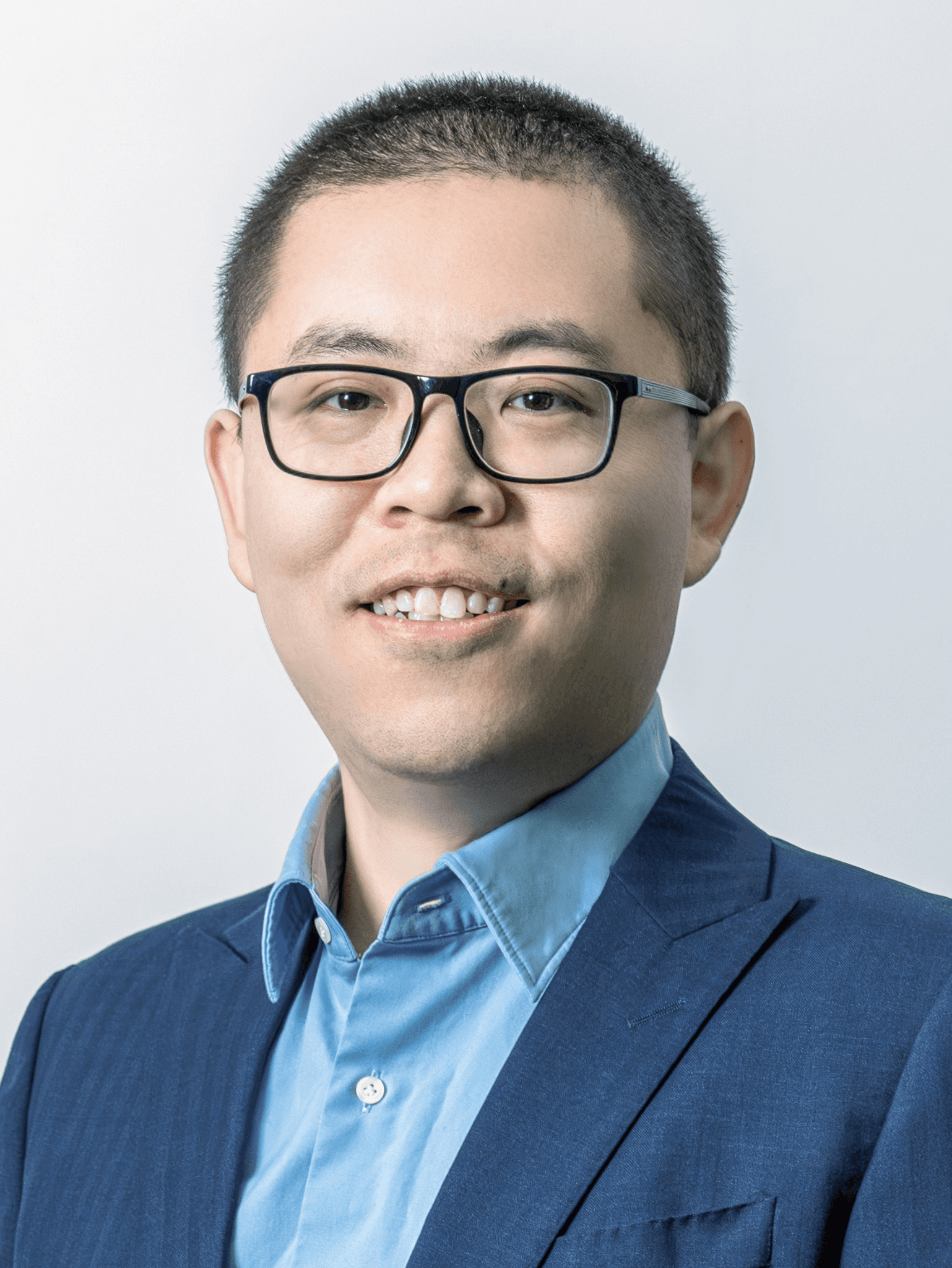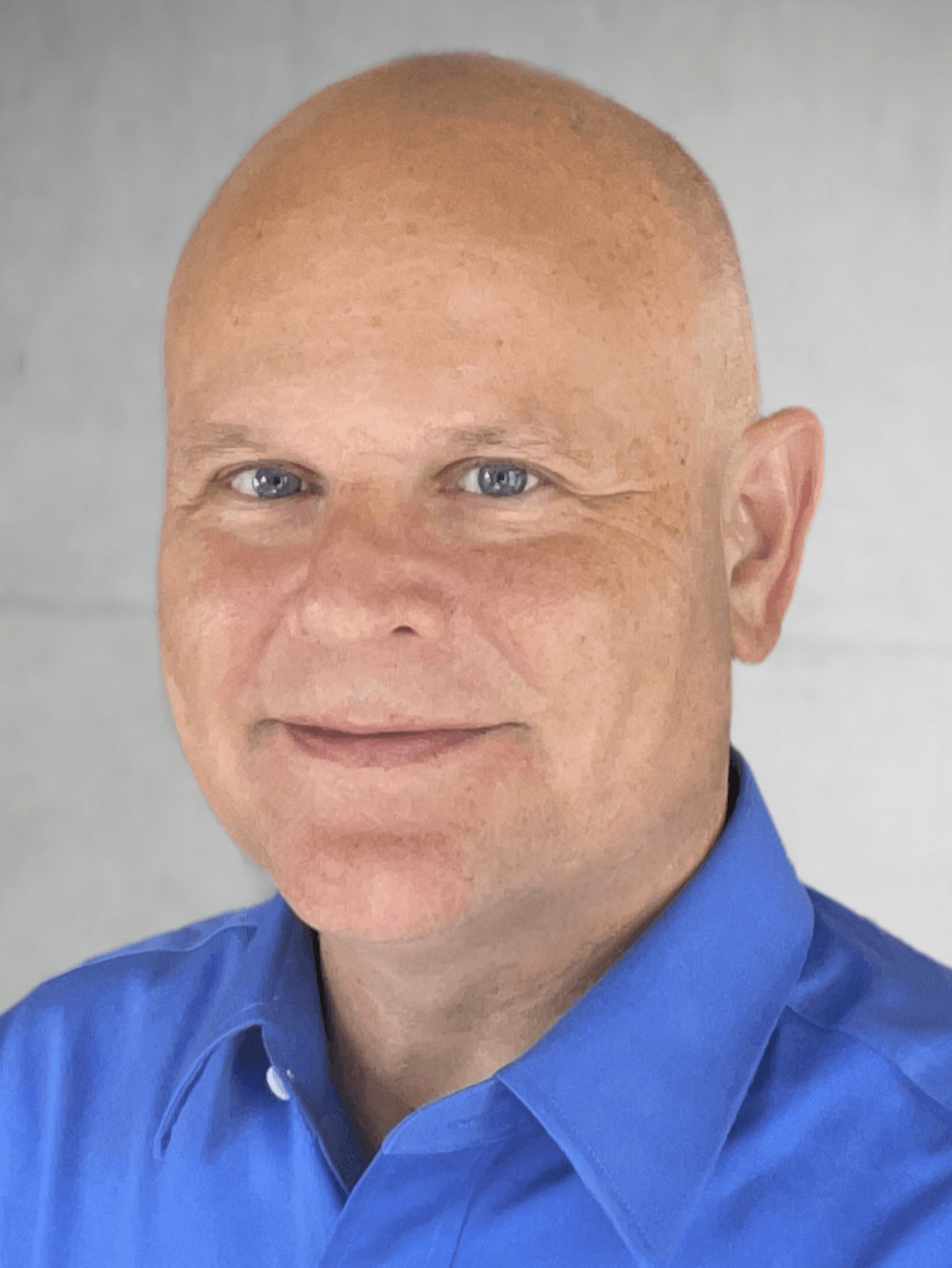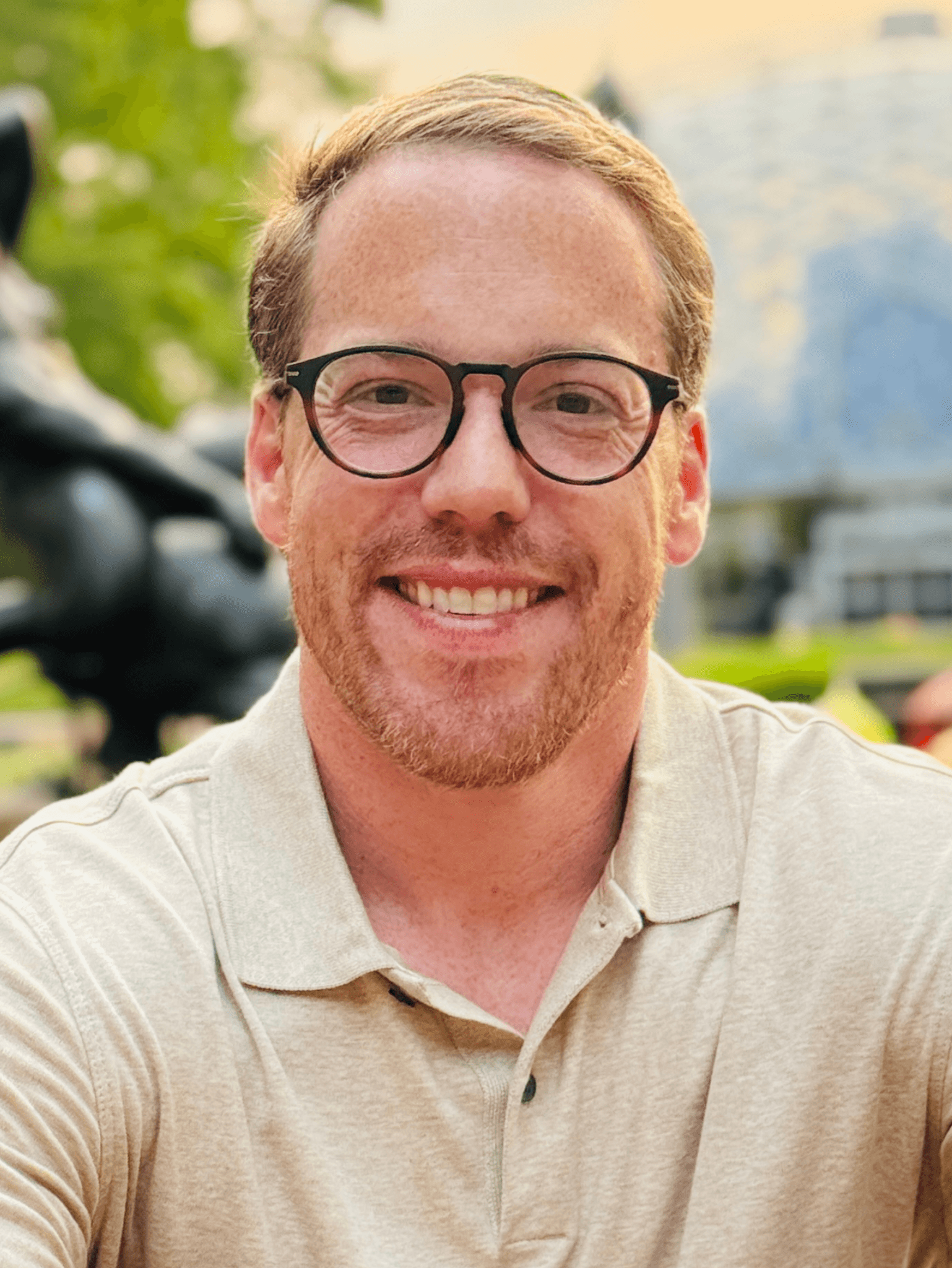SynBioBeta Speaker
Gul Dolen
Professor
University of California Berkeley
Dr. Gül Dölen is a Professor and the Renee and Bob Parsons Endowed chair in the Department of Psychology, the Helen Wills Neuroscience Institute, and the Berkeley Center for the Science of Psychedelics at the University of California, Berkeley. Additionally, Dr. Dölen maintains an adjunct professorship in Neuroscience and Neurology at the Johns Hopkins University School of Medicine, where she previously served as an Assistant and Associate Professor. Dr. Dölen earned her M. D., Ph. D. at Brown University and the Massachusetts Institute of Technology (MIT), and completed postdoctoral training at Stanford University. Dr. Dölen is the recipient of several prestigious awards including: the Joukowsky Family Foundation Award, the Conquer Fragile X Rising Star Award, the Angus MacDonald Award for Excellence in Undergraduate Teaching, the Society for Social Neuroscience Early Career Award, the Searle Scholars Award, the Johns Hopkins University President’s Frontier Award, and has been named one of Vox magazines 50 Future Perfect. Dr. Dölen is a pioneer and world leader of psychedelics research. She has discovered the synaptic and circuit mechanisms underlying social reward learning (Dölen, et al Nature, 2013; Hung et al Science, 2017; Lewis et al., Neuron, 2020) and shown that this type of learning is constrained by a critical period (Nardou, et al Nature, 2019). Furthermore, psychedelic drugs like MDMA, LSD, psilocybin, ketamine, and ibogaine are able to reopen the social reward learning critical period, by targeting neural mechanisms governing other critical periods (Nardou, et al, Nature, 2019 and Nardou et al, Nature 2023). Building on these insights, she has formulated the hypothesis psychedelics may be the long sought “master key” for unlocking critical periods across the brain. Importantly, understanding psychedelics through this framework dramatically expands the scope of disorders (including autism, stroke, and allergy) that might benefit from adjunct therapy with psychedelics, an approach she has dubbed the PHATHOM project (Psychedelic Healing: Adjunct Therapy Harnessing Opened Malleability, www.phathomproject.org). In addition, her laboratory has made significant progress towards developing Octopus chierchiae for use in laboratory research. Closing the lifecycle of this species has enabled breeding and raising octopuses in a laboratory setting for the first time (Grearson, et al., Frontiers in Marine Science 2021). The Dölen lab has also completed whole genome sequencing, assembly, and annotation in this species, enabling modern molecular manipulations and the discovery of novel genetic mechanisms (Albertin, et al., in preparation). Furthermore, because octopuses also exhibit conserved behavioral responses to psychedelic drugs (Edsinger and Dölen, Current Biology 2019), these resources will enable the Dölen lab to understand why critical periods exist, why they close, and why they can be reopened, by comparing solutions across human, mouse, and octopus nervous systems.
SynBioBeta 2025 - Session Speaker
Unbound Biology: Psychedelic Science Meets Breakthrough Biotech
The psychedelic renaissance is colliding with the frontiers of biotechnology, opening bold new pathways for healing, consciousness, and brain health. In this thought-provoking session, Gul Dolen, professor of behavioral and systems neuroscience at UC Berkeley, joins visionary investor Steve Jurvetson and Rick Doblin, founder of MAPS and pioneer of psychedelic-assisted therapy. Together, they’ll explore how synthetic biology, precision medicine, and neuroplasticity research are converging to unlock the therapeutic potential of psychedelics. From molecular design to regulatory breakthroughs, this conversation dives into the science, ethics, and future of reprogramming the mind.
All Categories













